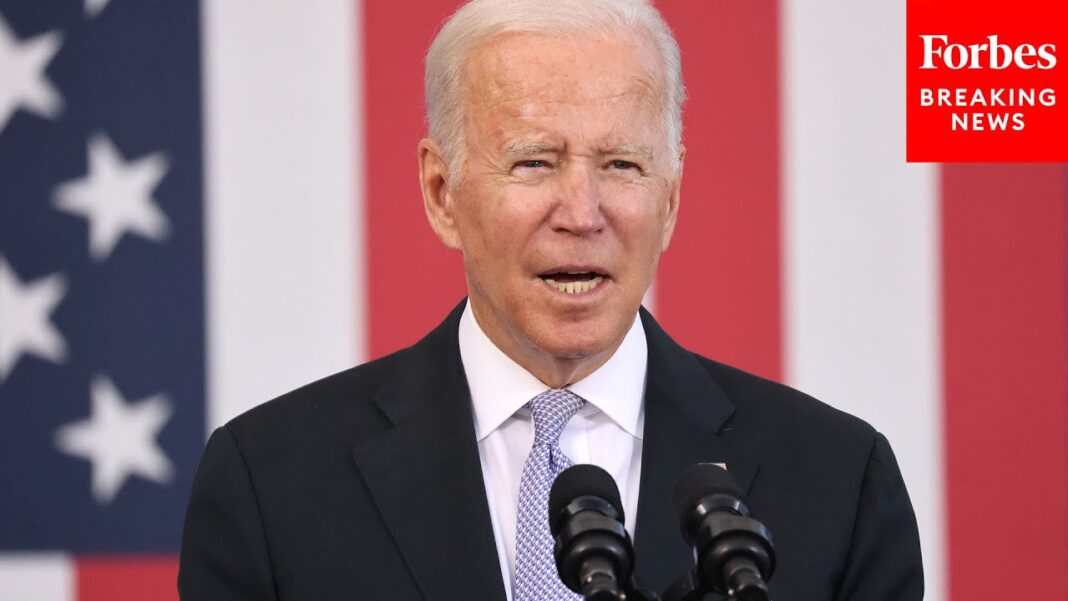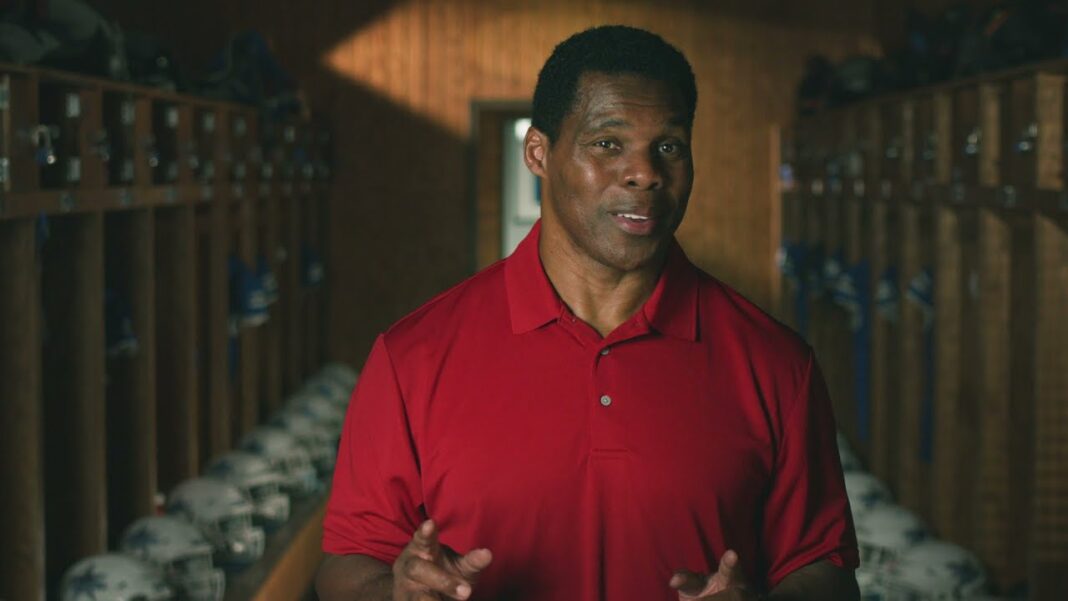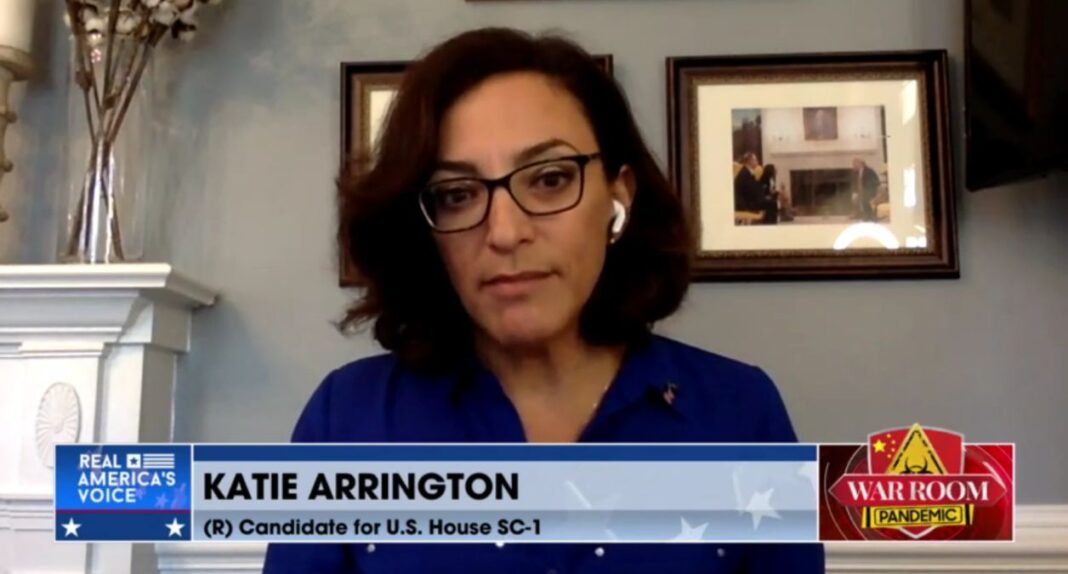
More Prefer Republicans To Win Control Of The House And Senate, Quinnipiac University National Poll Finds; 68% Say Higher Prices Are Changing Spending Habits
With Election Day in the rearview mirror and both political parties setting their sights on the 2022 midterm elections, a plurality of Americans say that if the election were held today, they would want to see the Republican Party win control of both the House of Representatives and the U.S. Senate, according to a Quinnipiac (KWIN-uh-pea-ack) University national poll of adults released today.
Americans say 46 – 38 percent they would want to see the Republican Party win control of the House of Representatives, while 16 percent did not offer an opinion.
Republicans and Democrats overwhelmingly back their own parties. Independents say 41 – 31 percent they would want to see Republicans win control of the U.S. House of Representatives, while 28 percent did not offer an opinion.
Americans say 46 – 40 percent they would want to see the Republican Party win control of the U.S. Senate, while 15 percent did not offer an opinion. Independents say 44 – 34 percent that they would want to see the Republican Party win control of the U.S. Senate, and 22 percent did not offer an opinion.
Among registered voters, 46 – 41 percent say they would want the Republican Party to win control of the U.S. House of Representatives and 46 – 42 percent say they would want to see the Republican Party win control of the U.S. Senate.
“An ominous double whammy for the Democrats with midterms less than a year out. The Senate and the House will be up for grabs and voters want the GOP to win the jump ball,”
said Quinnipiac University Polling Analyst Tim Malloy.
If a candidate for the U.S. House of Representatives or the U.S. Senate strongly embraces former President Trump and his ideas, roughly 4 in 10 Americans (42 percent), say they would be less likely to vote for that candidate, 29 percent say they would be more likely to vote for that candidate, and 27 percent say it would have no impact.
Among Republicans, 61 percent say they would be more likely to vote for a candidate who strongly embraces former President Trump and his ideas, 29 percent say it would have no impact, and 8 percent say they would be less likely to vote for that candidate.
MOST IMPORTANT PROBLEM
In an open-ended question, allowing for any answer, Americans were asked what they thought was the most important problem facing the country today. Americans’ most frequent responses are…
- Division/Polarization: 11 percent;
- The economy: 10 percent;
- Immigration/Border security: 8 percent;
- Inflation/High cost of living: 8 percent.
Americans were asked which party would do the best job handling the problem they mentioned: a plurality (46 percent) say the Republican party, 35 percent say the Democratic party, and 18 percent did not offer an opinion.
POLITICAL PARTIES
A slight majority of Americans (52 percent) say the Democratic Party has moved too far to the left, 6 percent say it has moved too far to the right, and 34 percent say it hasn’t moved too far in either direction.
A plurality (43 percent) say the Republican Party hasn’t moved too far in either direction, 35 percent say it has moved too far to the right, and 13 percent say it has moved too far to the left.
Americans give Republicans in Congress a negative 25 – 62 percent job approval rating.
Americans give Democrats in Congress a negative 31 – 59 percent job approval rating.
A majority (54 – 42 percent) do not think the Democratic Party cares about the needs and problems of people like them.
A majority (56 – 39 percent) do not think the Republican Party cares about the needs and problems of people like them.
PRESIDENT BIDEN
Americans give President Biden a negative 36 – 53 percent job approval rating, while 10 percent did not offer an opinion. It’s the lowest job approval rating he’s received in a Quinnipiac University national poll. In mid-October, he received a negative 37 – 52 percent job approval rating.
In today’s results, Republicans disapprove 94 – 4 percent, Democrats approve 87 – 7 percent, and independents disapprove 56 – 29 percent with 16 percent not offering an opinion.
Among registered voters, Biden gets a negative 38 – 53 percent job approval rating with 9 percent not offering an opinion.
On four separate issues, Biden receives his lowest grades so far on each of them. Americans were asked about his handling of…
- the response to the coronavirus: 45 percent approve, while 50 percent disapprove;
- climate change: 41 percent approve, while 48 percent disapprove;
- the economy: 34 percent approve, while 59 percent disapprove;
- foreign policy: 33 percent approve, while 55 percent disapprove.
When it comes to Biden’s personal traits, Americans were asked whether or not Biden…
- cares about average Americans: 47 percent say yes, while 47 percent say no;
- is honest: 42 percent say yes, while 51 percent say no;
- has good leadership skills: 37 percent say yes, while 57 percent say no.
SPENDING BILLS & TAXES
A majority, 57 – 37 percent, supports the roughly $1 trillion spending bill to improve the nation’s roads, bridges, broadband and other infrastructure projects. It’s a dip since early October, when 62 percent supported it and 34 percent opposed.
A majority, 58 – 38 percent, supports the roughly $2 trillion spending bill on social programs such as child care, education, family tax breaks, and expanding Medicare for seniors. The result is largely unchanged since early October.
“Is the Biden administration’s signature legislation enough to start righting the ship? $3 trillion to fortify the country’s infrastructure backbone and shore up the future of American families through social programs still gets hearty support from Americans. But from the character issues to the broad swath of national and international concerns, that ship continues to take on water,”
added Malloy.
More than half of Americans (56 percent) say the wealthiest Americans pay less than their fair share in federal income taxes, 27 percent say the amount they pay is about right, and 9 percent say they pay more than their fair share.
THE ECONOMY
Roughly 6 in 10 Americans (61 percent) say the nation’s economy is getter worse, 21 percent say it’s staying about the same, and 16 percent say it’s getting better.
That’s compared to a survey in late October when 55 percent said the nation’s economy was getting worse, 28 percent said it was staying about the same, and 15 percent said it was getting better.
Nearly 7 in 10 Americans (68 percent) say increased prices for things such as food and gasoline have caused them to change their spending habits and 30 percent say it has not.
Americans were asked about their recent shopping experiences:
- 53 percent say they are not finding groceries they want to buy at a grocery store;
- 50 percent say they are not finding consumer goods they want to buy at a retail/online store;
- 52 percent say they are experiencing long delays in the delivery of items they purchased.
Broken down by region, Americans in the Midwest and South are reporting higher numbers than those in the Northeast and West.
“The creeping financial effect of the pandemic shows up in the pantry and the family car. The belt tightening confirmed in American households speaks to supply chain and a myriad of other COVID-19 related consumer issues,”
added Malloy.
Asked to describe their own financial situations, 12 percent say excellent, 53 percent say good, 23 percent say not so good, and 10 percent say poor.
Nearly 3 in 10 Americans (28 percent) say they or someone in their household is planning to change jobs in the near future for better pay or working conditions and 67 percent say they are not.
COVID-19
A slight majority (52 – 46 percent) disapproves of the federal government’s mandate that businesses with 100 or more employees require their employees to be fully vaccinated against COVID-19 or to get tested on a weekly basis if they are not fully vaccinated.
A majority (57 percent) say employees that are not fully vaccinated against COVID-19 and work on-site or in person with others should be required to wear masks at work while 40 percent say they should not be required to wear masks.
When it comes to how Americans view the issue of getting a COVID-19 vaccine, 49 percent say it is an issue primarily about public health, while 44 percent say it is an issue primarily about personal freedom.
More than 4 in 10 Americans (45 percent) think the coronavirus situation in the United States is getting better, 36 percent think it’s staying about the same, and 15 percent think it’s getting worse.
1,378 U.S. adults nationwide were surveyed from November 11th – 15th with a margin of error of +/- 2.6 percentage points.
The Quinnipiac University Poll, directed by Doug Schwartz, Ph.D. since 1994, conducts independent, non-partisan national and state polls on politics and issues. Surveys adhere to industry best practices and are based on random samples of adults using random digit dialing with live interviewers calling landlines and cell phones.
Read Original Poll Information on Poll.Qu.Edu
President Biden Job Approval on RealClearPolitics.com






